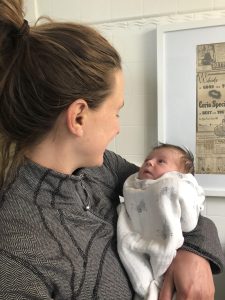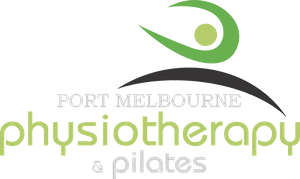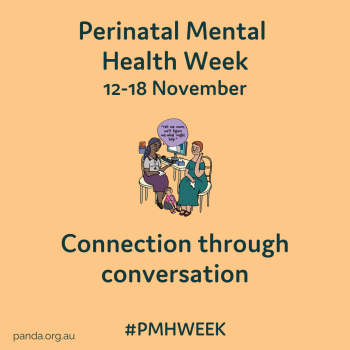Perinatal Mental Health Week – a week close to my heart:
12-18th November 2023 marks Perinatal Mental Health Week in Australia, a week that holds huge personal significance for me. PANDA (Perinatal Anxiety & Depression Australia) founded this week in 2005. This was a way to help both health professionals and the general community better understand what perinatal mental health involves.
My account of postnatal depression:

Spreading awareness:
The statistics laid bare:
1 in 5 mothers and 1 in 10 fathers experience perinatal anxiety and/or depression. Historically, parents have had to suffer in silence. Accept that anxiety and depression may be part of the package. Soldier on and pretend all is ok. We now know that not only is that ineffective but it is really damaging.
Lessening the stigma around mental health, in particular perinatal mental health, is something that I am dedicated to. This starts with conversations, asking the vulnerable and, at times, scary questions. It also involves listening and leaning into the answers, as confronting as they may be. I must emphasise that it is crucial to know when professional intervention is required. This is usually a GP or a Psychologist. It’s one thing to have an empathetic ear and another thing entirely to know how to help a person in the throes of mental illness.
How we are doing our part at PMPP:
While PMHW is focused on parents, mental health conversations are for everyone. In light of this, I have made some changes to our approach to mental health in PMPP Physiotherapy consultations. All of our initial consultations, regardless of whether they’re for jaw pain, a sore back or following a joint replacement, include the following questions:
- “How is your mental/emotional health at present?”
- “What does your support network look like? (A GP you trust, neighbours, family, friends that can help)”
- If required: “What do you need right now” and/or “would you like me to check in with you again?”
The more comfortable we are in asking these questions, the more we work towards transparency and ease in mental health conversations.
From one Mum to another:
I had a patient the other day, a few days out from her scheduled induction. She asked me “what should I expect in the first six weeks?” So many answers swirled through my head, where to even start?! I simply told her “the first six weeks are about discovering yourself as a mother”. I reiterated the importance of self care and used the examples that my Psychologist taught me: getting fresh air and sunlight, having a daily shower and prioritising nourishing meals. I also suggested that, best she could, she take the pressure off herself to be or do anything in that fourth trimester. The hormonal changes alone can be enough to derail even the most resilient person. Self-compassion, I explained to this expectant mother, is vital.
PANDA – a lifeline for me and many, many others:
PANDA is “dedicated to supporting the mental health and wellbeing of expecting, new and growing families”. PANDA has a range of information, services and programs to support parents and families during pregnancy and the first year of a new baby.
Yours in health,
Ali Minichiello
Physiotherapist/Pelvic Health
I recently featured in a podcast dedicated to open conversations around parenthood. Please note that this podcast discusses confronting mental health themes and the interviewer uses some colourful language! You can listen here: https://podcasts.apple.

- PANDA: https://panda.org.au
- The Birth Project: https://www.abc.net.
au/news/health/2022-11-03/ birth-project-australia-abc- investigation/101574750
Other related PMPP blogs:
https://portmelbournephysio.com.au/for-the-new-mums/
https://portmelbournephysio.com.au/the-fourth-trimester-2/
https://portmelbournephysio.com.au/why-a-post-natal-physio-check-up-is-essential/
https://portmelbournephysio.com.au/pregnancy-childbirth-postnatal-journey/
https://portmelbournephysio.com.au/my-pelvic-floor-physiotherapy-experience/


